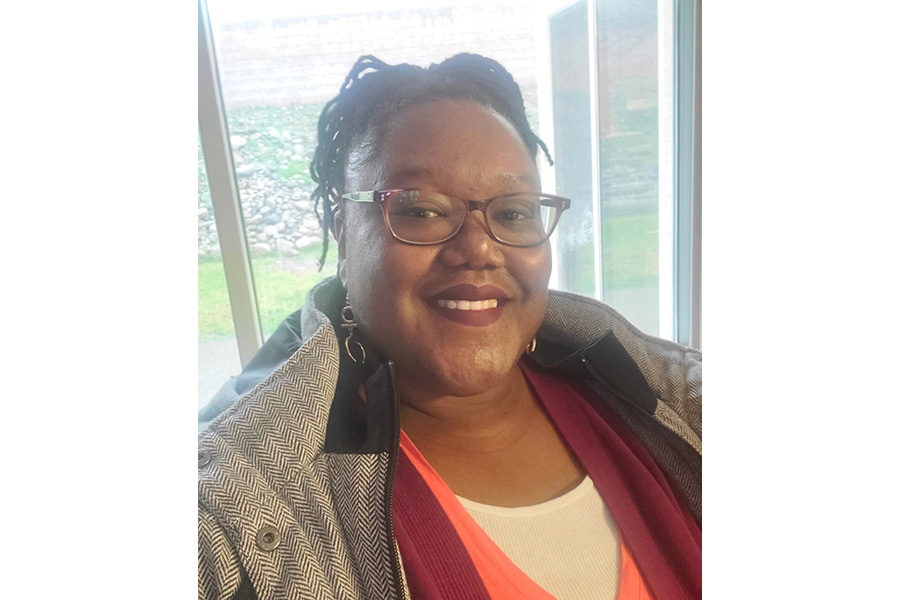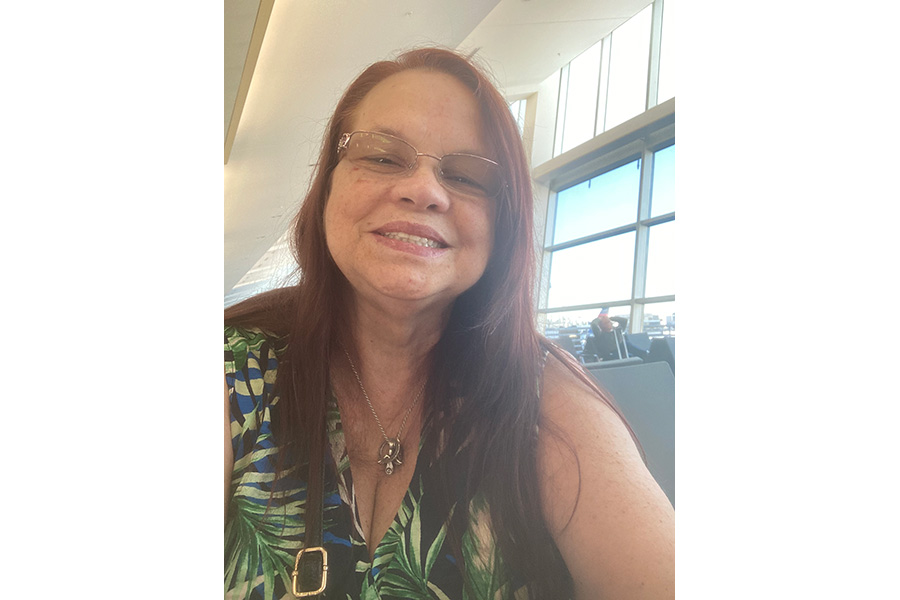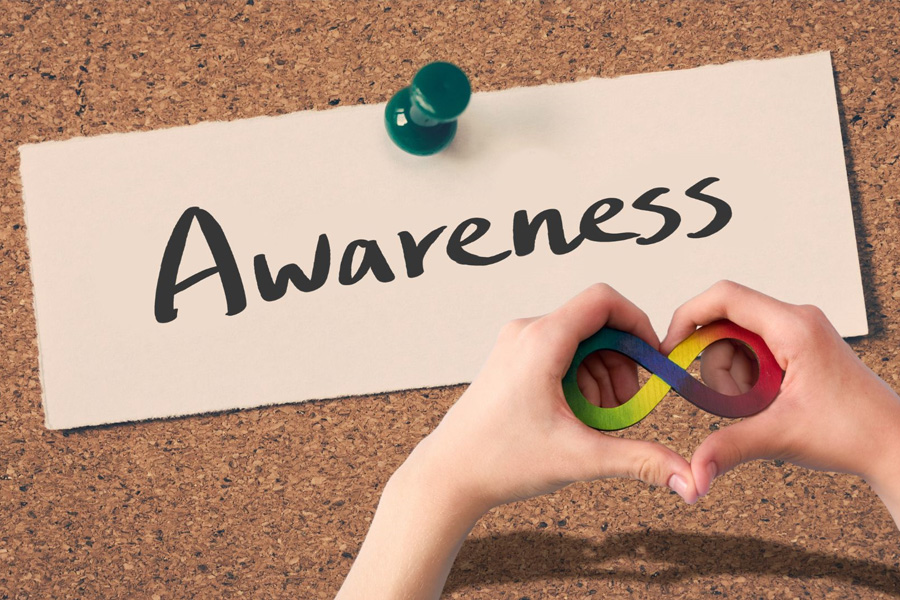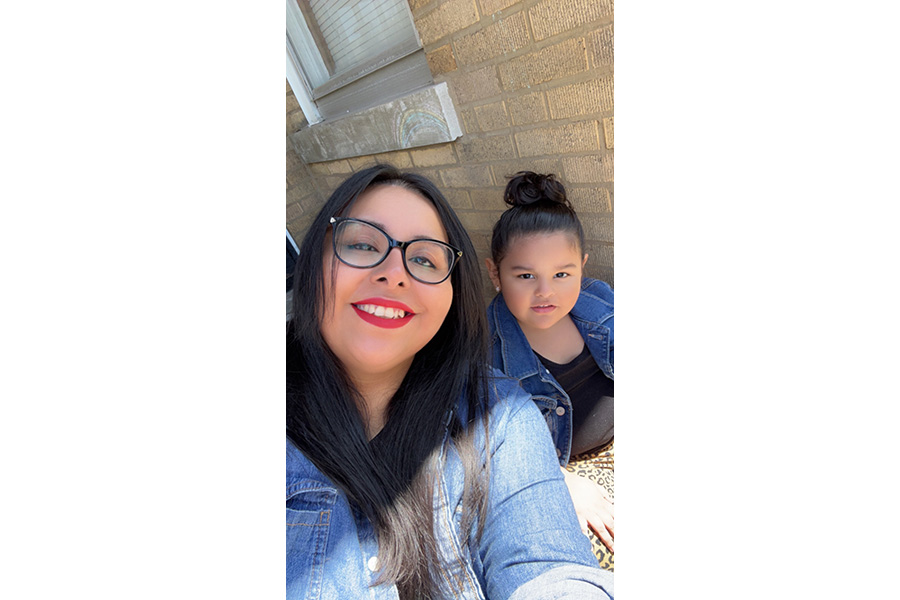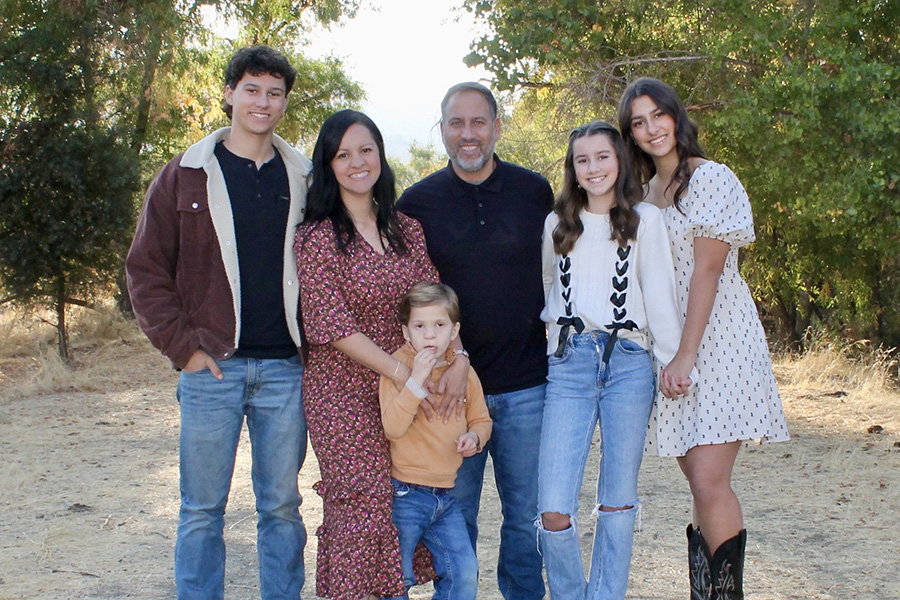You’re a parent of a child with special needs. You have a diagnosis, you’ve sought treatment and you’ve been doing this for a couple of years, or maybe longer than that. As your child grows and his needs change, so does your stress and distress. You now know enough about your child’s triggers that you survey the environment and sit in anticipation of a potential meltdown. Or, you are managing the medical implications that come with your child’s diagnosis such as medication, ventilator, feeding tube management, and specialist consultations and check-ins. Or, you are thinking about the future and your child’s care as she becomes older; her education, her need for greater care when you can’t be the one to do it anymore.
You’re on the edge, often. You aren’t very good at ‘letting go’ because you don’t know what you have to accommodate, or change in your house, what you need to make sure you have with you when you leave your house in an effort to keep your child safe, regulated and calm. You are likely thinking about the future care of your child, and you’re just not sure what the game plan is going to look like.
Over time, this pattern of stress becomes a part of your life, it becomes chronic. And with that, when you hear another parent share her journey, you may find yourself getting lost in your own memory of when you first learned of your child’s diagnosis, and the immensely strong emotions, grieving, relief, sadness, and potential acceptance that you have journeyed through. You flash back to when you had to restrain your child, accept your child’s punches, medical diagnoses, medical procedures. Yes, you are traumatized, but please don’t be ashamed. You are not alone. Your experience is real. It is not in your head. It’s okay to admit to yourself that you feel alone and lonely despite being surrounded by professionals. It’s okay to want to take a break, or even run away.
Symptoms of PTSD that You are Likely Experiencing
Technically speaking, PTSD involves re-experiencing traumatic experiences through vivid recall of memories, maybe not every day, but several times per week. That re-experiencing can be sudden and without an obvious trigger. It can be due to an odor, a word, a color with which you have developed an association. The re-experiencing comes with intense emotions, such as guilt, fear or even anger. And because the re-experiencing can be so overwhelming, you may find that, as a parent, you try to avoid certain places, people, clothes, odors so that you just don’t go there.
You may also find yourself feeling hypervigilant or functioning at a high level of anxiety and arousal, which can result in difficulty sleeping, poor focus, and being easily startled. You may also feel irritable and worry about your safety and the safety of your child/children. Your spouse or other children may even perceive you as being easily frustrated or sounding angry often, but the truth is, you are spent.
These symptoms may result in difficulties in your daily functioning, such as:
• Difficulty falling asleep
• Difficulty staying asleep
• Feeling tired but wired all day long
• Having a low frustration tolerance
• Feeling tearful or angry or both often
• Having a low appetite
• Eating to self soothe
• Not being able to enjoy social or leisure events as much as you used to
• Isolating yourself from others
• Feeling alone and not understood by other parents
It’s Time
If you are nodding your head or feeling like I’ve read your mind, it’s time. It’s time to seek professional help for yourself as a parent of a child with special needs. A support group with other parents of children with special needs can often help you feel validated and supported in your thoughts, worries and feelings. If you can’t find one, create one with the parents of the children in your child’s school. Or, contact the counselor, principal or school psychologist at your child’s school and ask her to coordinate a parent support group.
Seek individual therapy for yourself. Not your child, but yourself. You need a place to express your thoughts and to problem solve. A safe place for you and only you. Screen your therapist and find someone who has a background in working with children with special needs so he can direct you to different resources that you may not have thought of on your own.
Parenting a child with special needs is a tough job. It can also be a traumatizing one. Take the time to check in with yourself and take comfort in knowing you are not alone in this journey. There are many of us out there. It’s time to find the others and to find the support that you need.
Dr. Liz Matheis is a licensed Clinical Psychologist and certified School Psychologist who specializes in working with children with ADHD, Anxiety, Autism, Learning Disabilities, and behavioral struggles. She is also mom to three children, one with special needs. Her practice, Psychological and Education Consulting, is located in Livingston, New Jersey.
For More Articles and Videos Related to PTSD and Parenting Children with Special Needs:
- Can the Stress of Raising a Child with PTSD Result in a Parent with PTSD?
- Help for PTSD in Parents of Children with Special Needs
- PTSD in Parents of Children with Special Needs: How I Deal
- Recorded Webinar: Managing Stress as the Parent of a Child with Special Needs Video
- The Spoon Theory for Parents of Children with Special Needs









